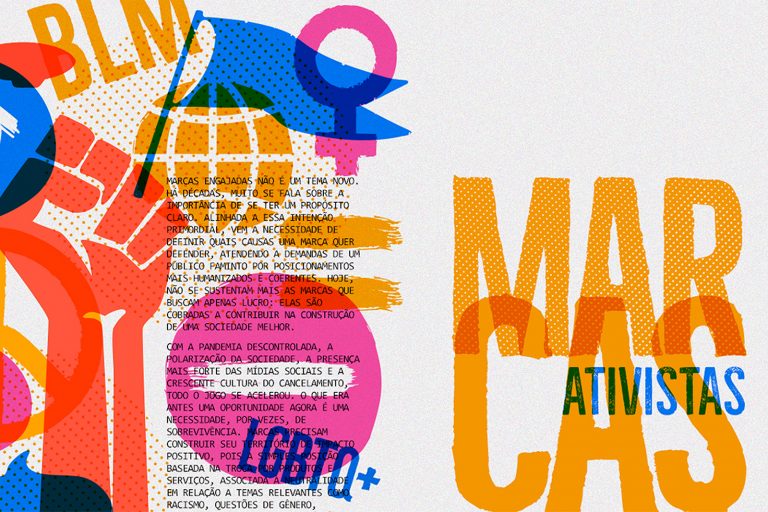
Brand activism is nothing new. The importance of having a clear purpose has been extensely discussed for decades. Aligned with this foremost intention comes the necessity to define which causes a brand wants to support, meeting the demands of an audience that craves for more humane and coherent stances. Nowadays, brands have to stand for more than just profit: they are expected to contribute to building a better society.
The uncontrolled pandemic, the polarization of society, the stronger presence of social media and the growing cancel culture have boosted the game. What used to be an opportunity, is now a requirement – at times, essential for the survival. Brands have to build a positive impact territory; the mere position of trading goods and services, coupled with the neutrality towards relevant issues such as racism, gender, feminism and environment, is no longer a strong enough offer. Not taking a stand may give rise to the impression of consent, while stating an opinion can be seen as hypocrisy – if the talk is not followed by concrete actions, aligned with the brand’s DNA – depleting the brand’s value.
Thus, brands must take a clear stance and genuinely commit to one or more causes to remain competitive. The challenge faced is how to approach it constructively, being faithful to the brand’s values and not sounding self-serving, besides being careful to minimize the risks of boycott in an increasingly demanding environment where one slip can be fatal.
Bearing this challenging and intriguing setting in mind, we propose some reflections to help brands understand the different possible types and levels of activism, the risks and benefits of speaking up. Paths that, when followed with truth and transparency, can lead to a real and long-lasting commitment.
DIFFERENT TYPES AND PROFILES OF BRAND ACTIVISM
We all know, there is no single way to engage, and there is no right or wrong. We suggest below an ‘activism profile classification’ based on the brand’s DNA and its intended relation with its stakeholders, more than on the company’s size or category. Here they are:
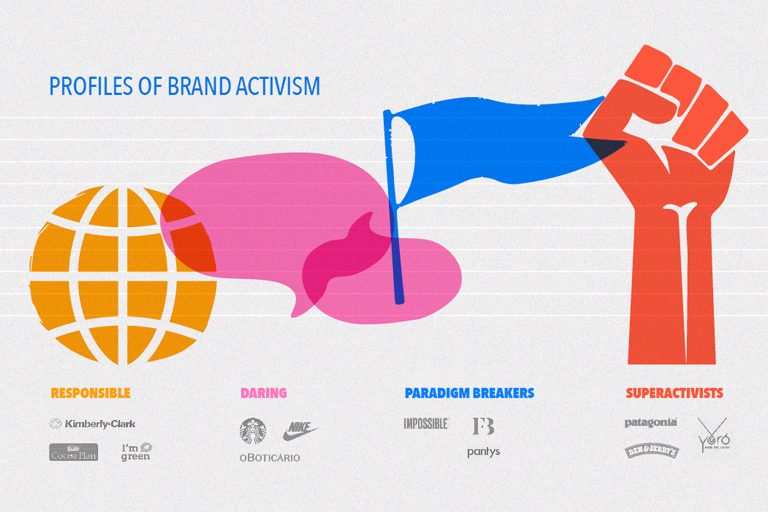
SUPERACTIVISTS
Brands that are activists since foundation, deeply engaged with causes related to the brand’s core values, and supported by the founding partners or CEOs themselves. They believe that action speaks louder than words, and they take to the streets with its public to be heard and actually aim to achieve social change. They create a strong emotional tie with its fans, so much that they usually become brand ambassadors.
- The most known and successful example may be Patagonia, the outdoor lifestyle brand commited to environmental causes, whose ad “don’t buy this jacket” – encouraging people to reconsider impulse purchases – became a talking point.
- Ice-cream brand Ben & Jerry’s (Unilever) is also resolutely committed to social causes.
Patagonia the ideal cycle & Labels against climate change negationists
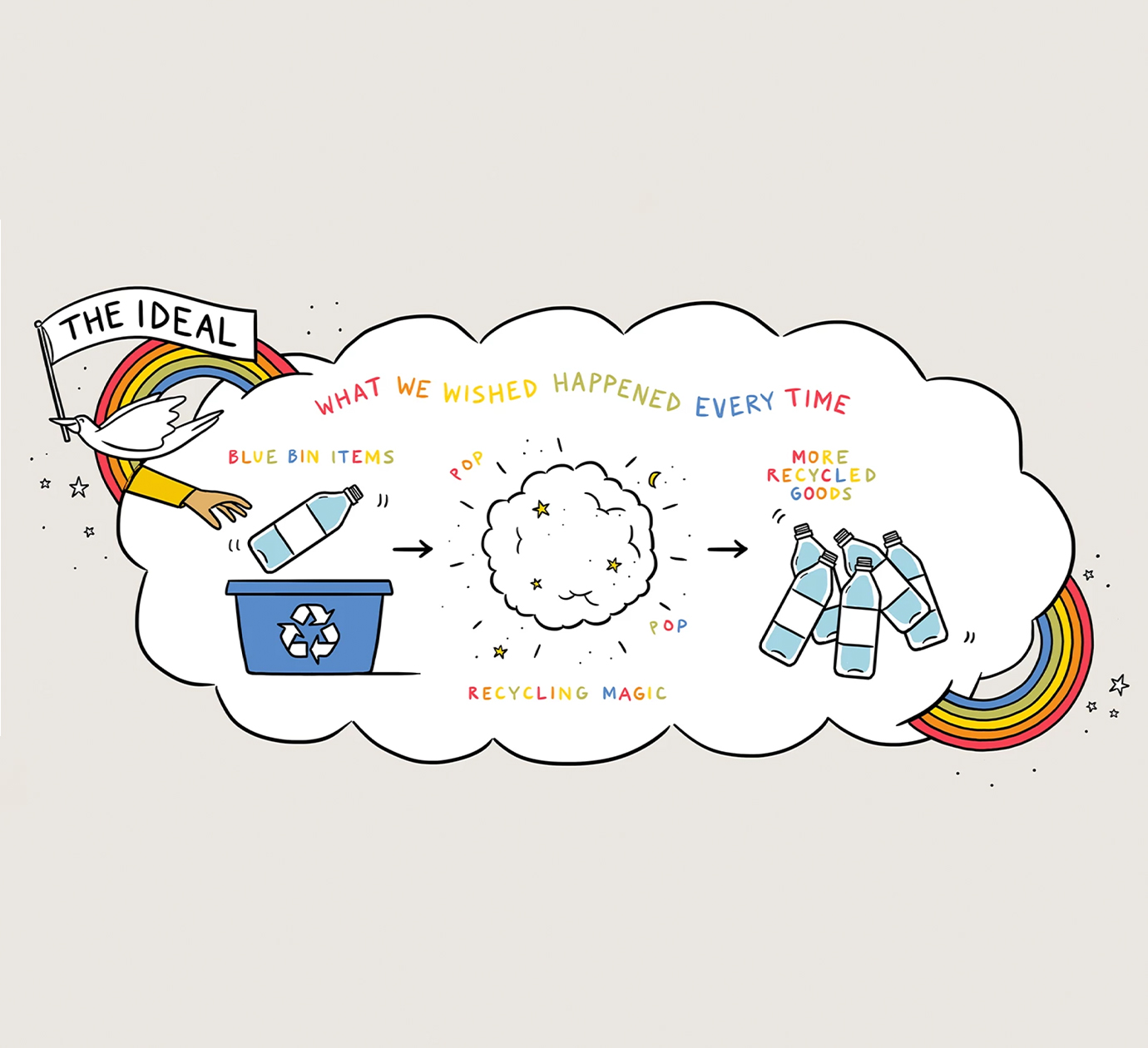
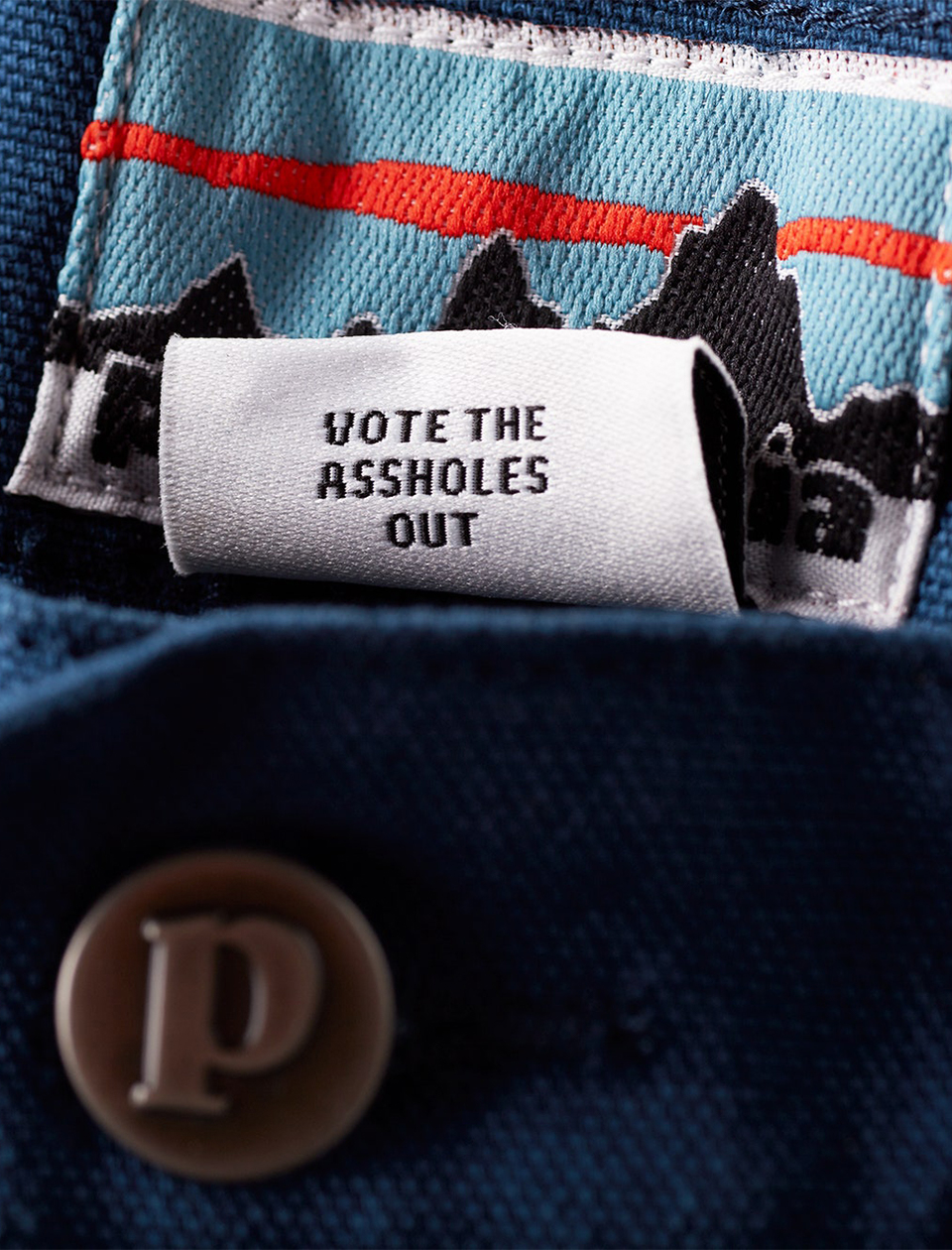
Ben & Jerry’s environmental Protection campaing
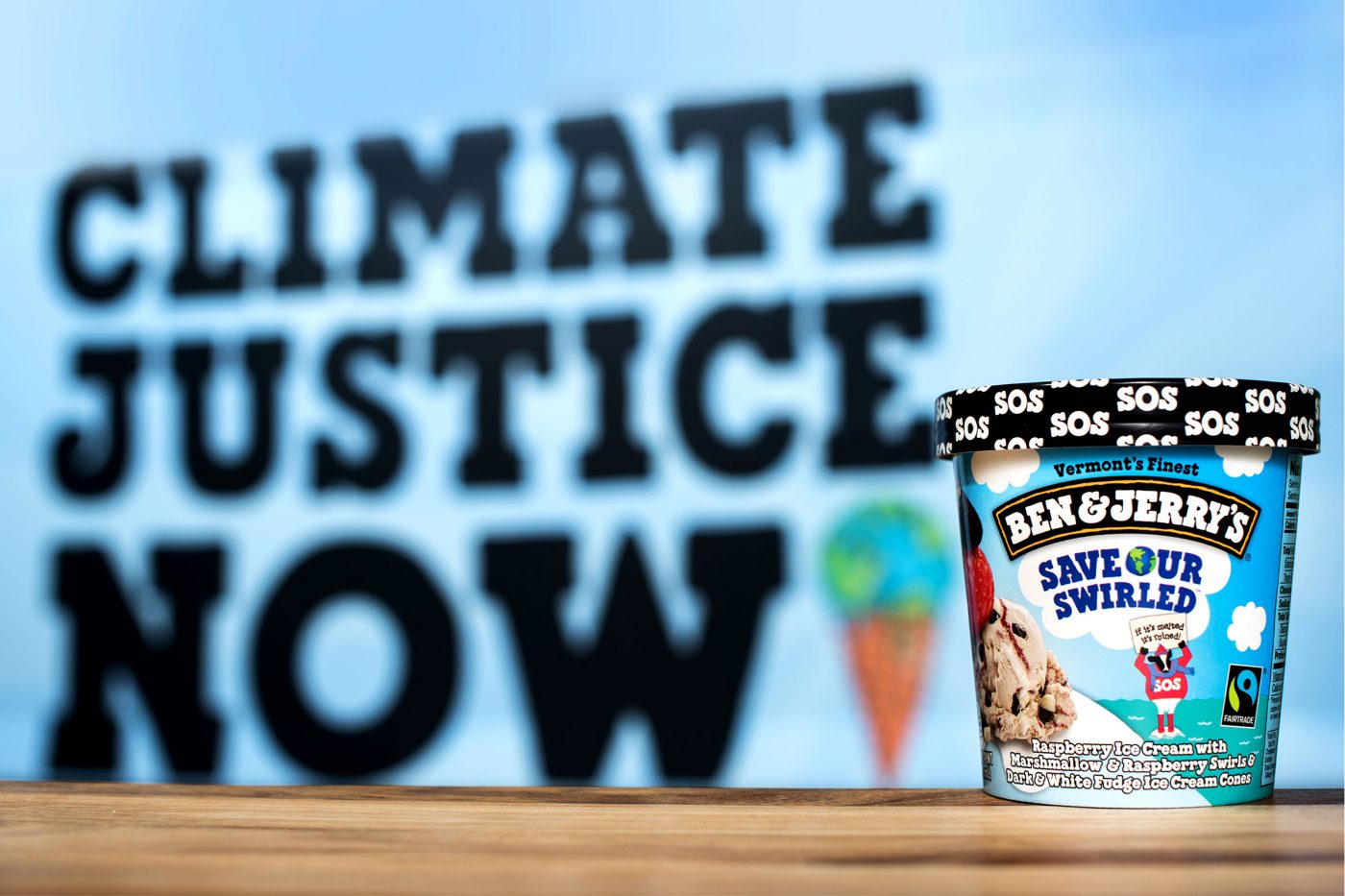
PARADIGM-BREAKERS
Innovative brands, pioneers in their respective businesses since foundation. Their own core products or services are their flags, since their proposal is to change patterns and break a category status quo. They usually forge an emotional bond with their consumer base, for meeting previously unmet needs.
- Impossible Burger is an example of this profile. Pioneer in the plant-based meat industry, its mission is to reduce the negative environmental impact of beef slaughtering.
- Another example is Rihanna’s Fenty Beauty makeup brand, which has launched 50 shades of foundation in a still exclusive market.
- In Italy, one of those who is trying to change the status quo in its own sector is Fileni, a pioneer in the organic sector and an environmental ‘activist’ for all the issues related to land regeneration and the circular economy.
Impossible Burguer impact calculator & Fenty anti-discrimination campaign

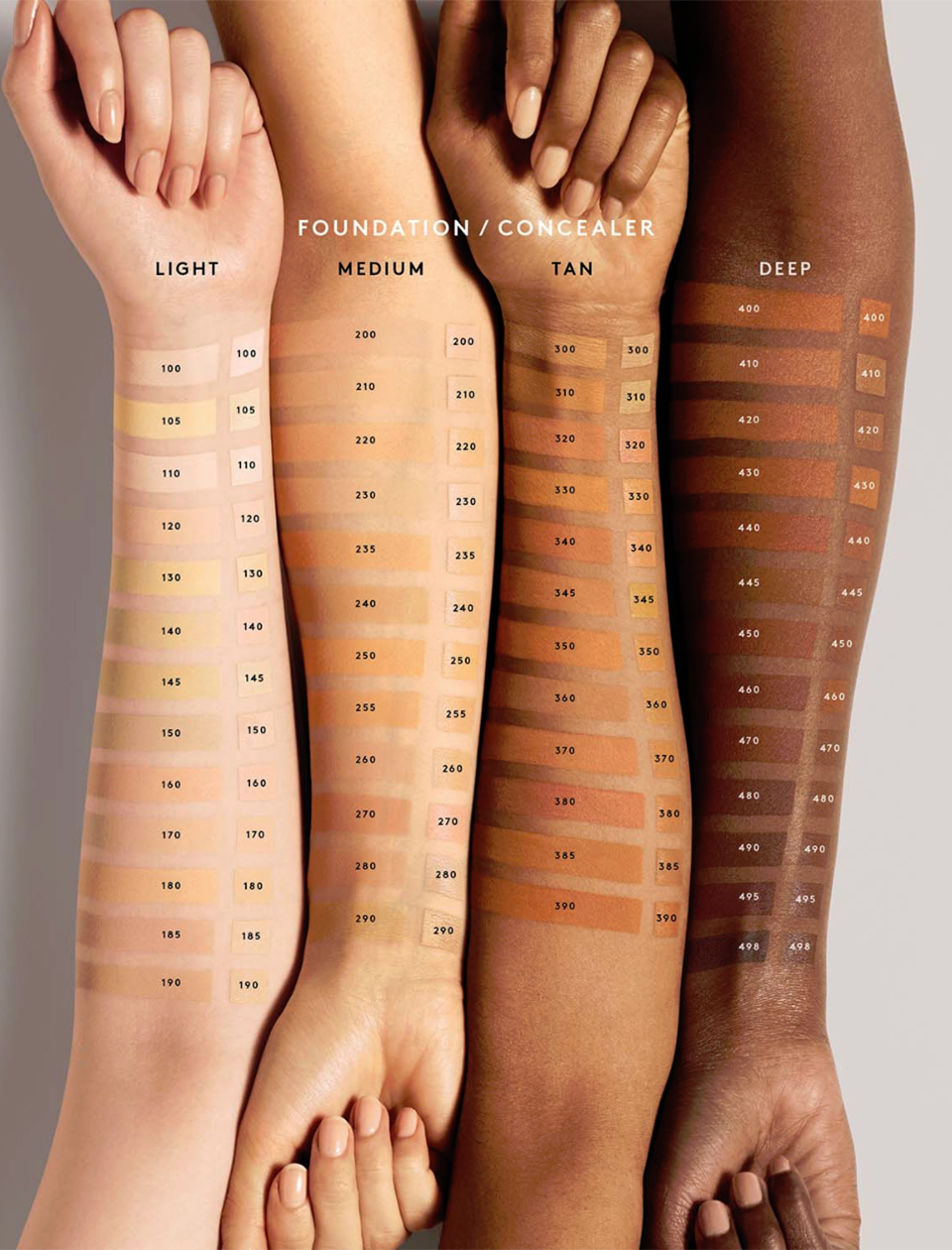
DARING
Brands that are not as openly and constantly engaged as the Superactivists, but that still defend their values and causes coherently. They lead engaging actions and are agile taking a stance on current issues that connect to their values, joining the conversation and encouraging discussion, even if not everyone agrees.
- Starbucks, in the United States, has waded into social justice issues, raising positive feedback, but also criticism. The brand forbid guns in its stores after a mass shooting, supported gay marriage and encouraged discussion on racism (this last causing backlash).
- Nike caused huge uproar for partnering with the American civil rights activist and football quarterback Colin Kaepernick, and for the ad “Just don’t do it”, asking people not to turn their backs to the existing racism. The brand, which already has many commitments to fight racism, received much praise, but was also anticipating loss of support from more conservative Americans – which happened indeed.
Nike for once “Just don’t do it” campaing & Community commitment against racism
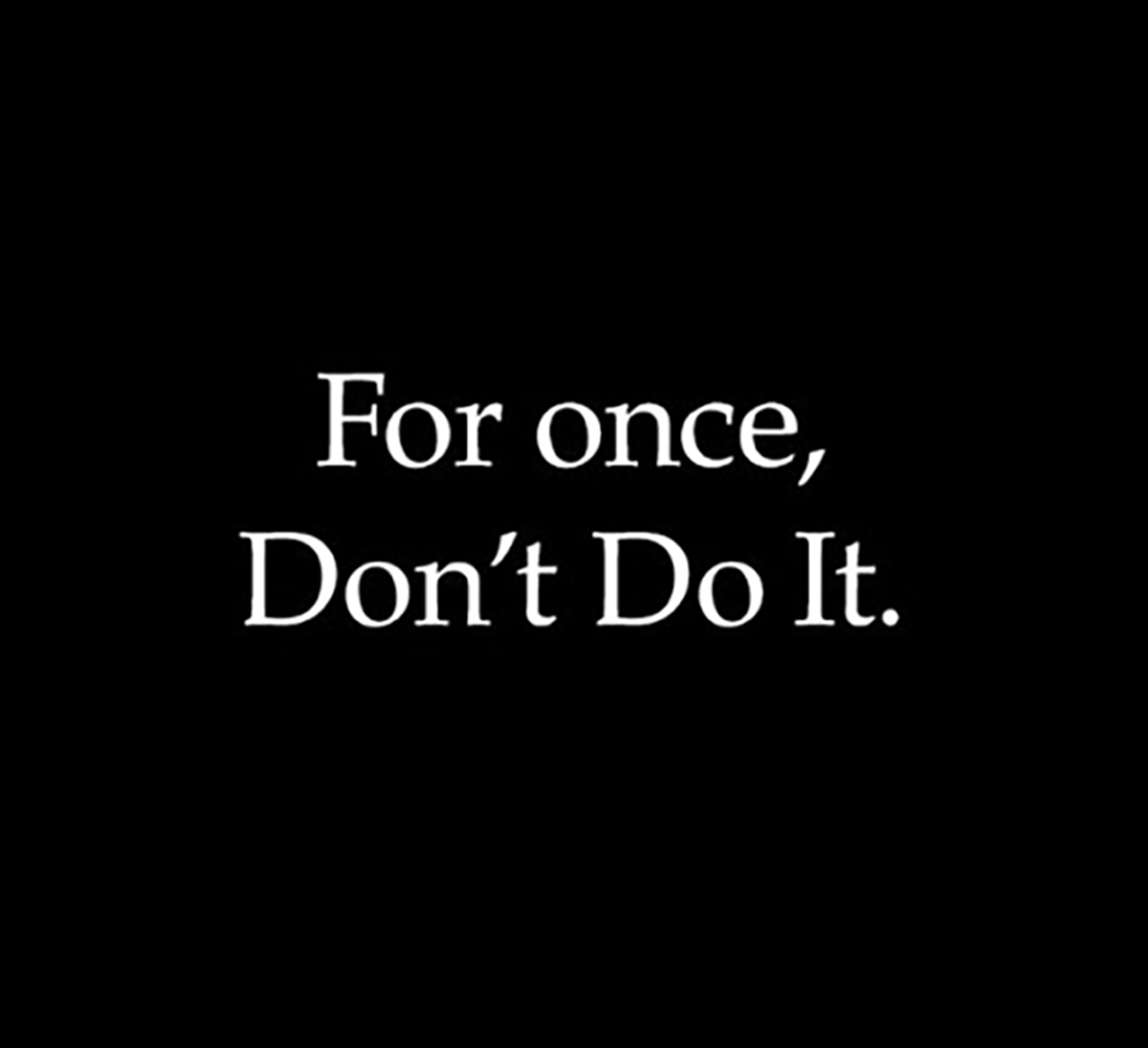
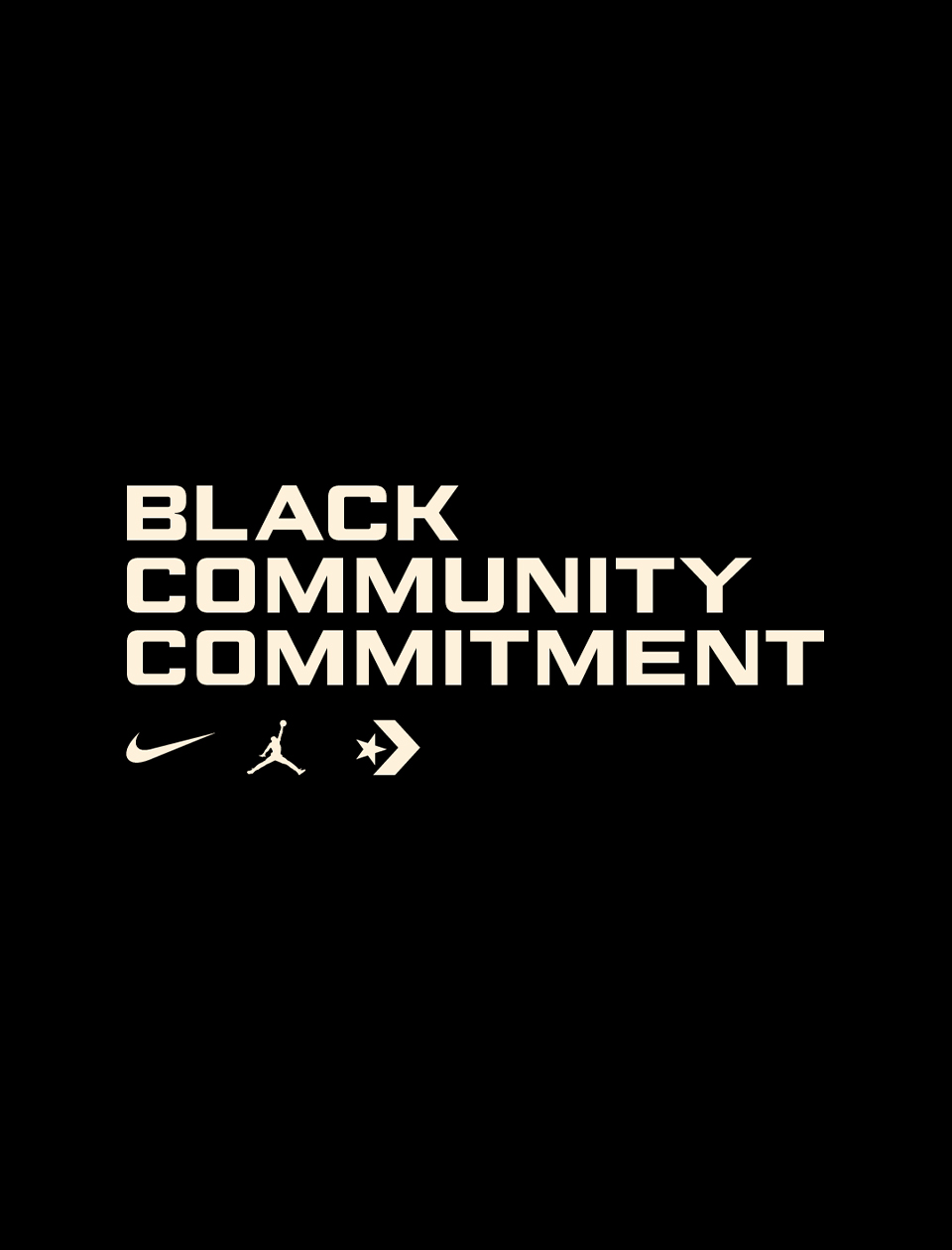
RESPONSIBLE
Companies that take corporate actions that benefit causes (foundations, social responsibility programs, donations), usually signed by the masterbrand. The brand activism is not evident on their pillars or sub-brands communication channels. It is a more traditional – and discreet – engagement, without generating conversation or controversy – but still a stimulating one, mainly among their consumers. Besides taking corporate actions, these companies are aware that their product portfolio must be aligned with sustainability and latent requirements to promote actual change – in society and in the planet.
- Here, three giants are worth mentioning: Nestlé, with the Cocoa Plan, that guarantees fair trade cocoa production, offering decent working conditions to the farmers’ families; Kimberly-Clark, with its ambitious goal to reduce the carbon footprint of its operations by 50% by 2030and Braskem, with the I’m green™ brand, that reinforces the company commitment to Circular Economy.
Cocoa Plan, Nestlé Program that guarantees fair trade cocoa production
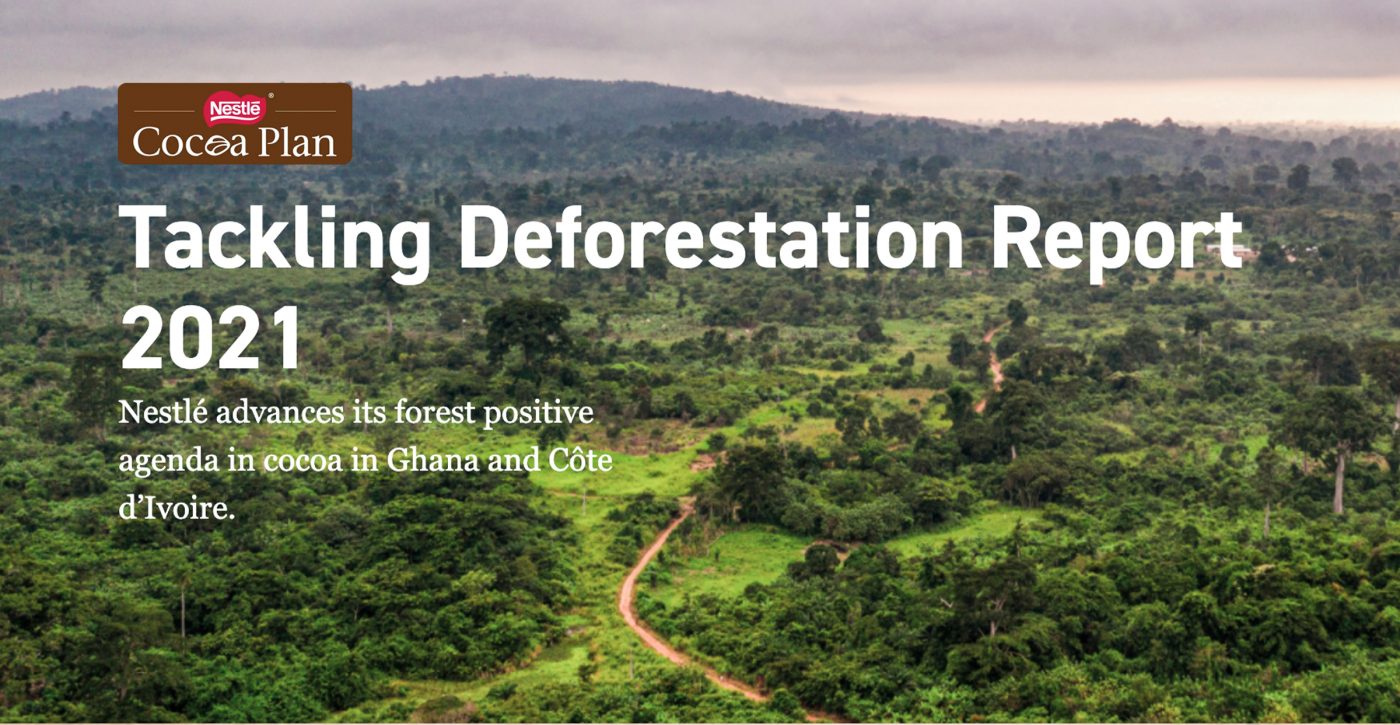
The insight was written by CBA B+G, read the original article here.
What profile of brand activism do you associate your company with?
What is the purpose that guides your responsible choices?
Would you like to know our methodology for defining and acting on purpose in organizations?
Contact us at: [email protected]

